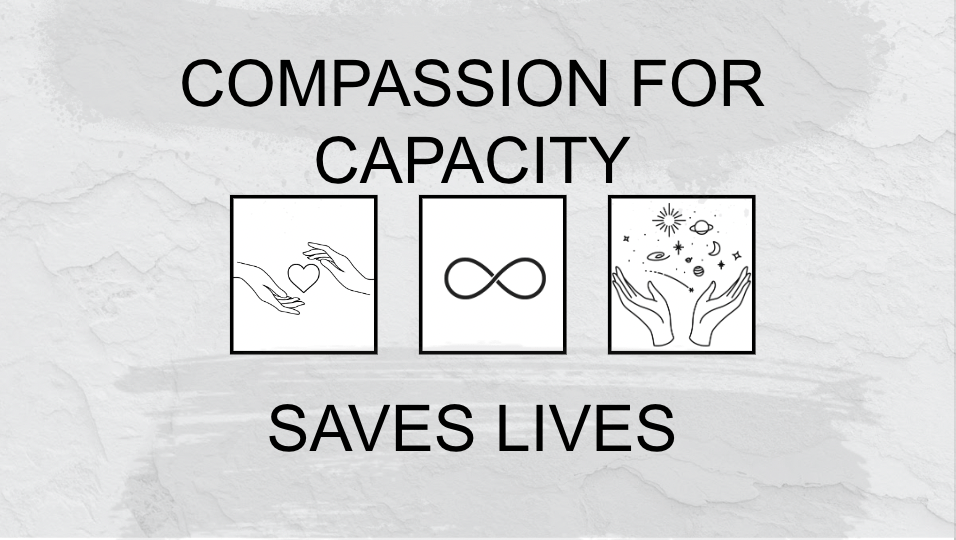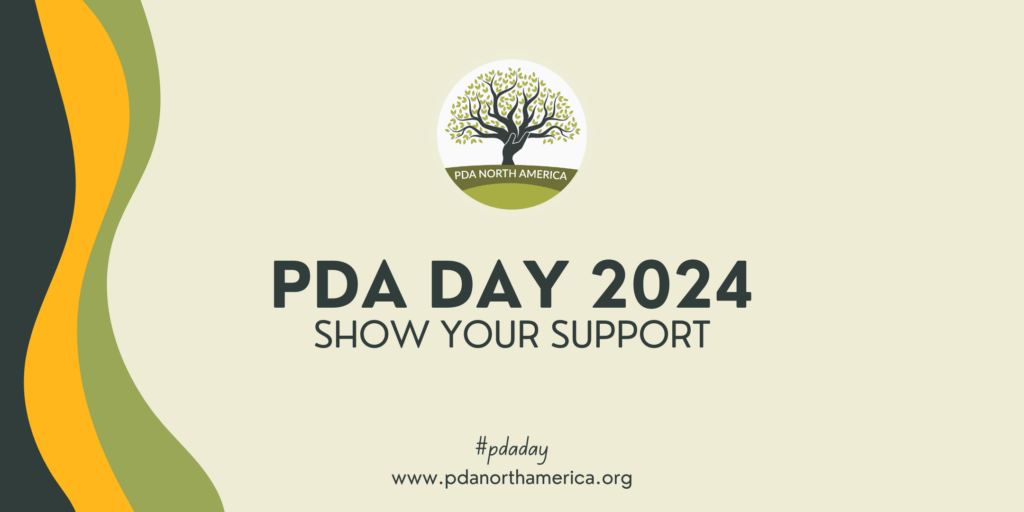By Stephanie Myung
Did you know that having a basic understanding of the way PDA autists (ND people with a nervous system disability) perceive and experience the world, is critical to their safety and at times, their ability to stay alive?
Did you know neurodivergent people with nervous system disabilities have highly sensitive neuroception; which is the brain function responsible for automatically perceiving and responding to threats.
Did you know that what might seem like the benign demands of daily life and perceived or actual losses of autonomy or equality can be unconsciously and automatically registered as extreme threats, reflexively activating someone’s sympathetic nervous system threat responses or behavioral expressions of “fight,” “flight,” “freeze,” and/or “fawn.”
Did you know that PDA autists, especially those with high support needs, have a very limited window of tolerance before they automatically go into heightened states of distress, and the “gold standard” approaches rooted in behaviorism, are often contraindicative to their neurobiological and neurodevelopmental needs.
Did you know that PDA autists are doing the best they can, within their fluctuating and limited window of tolerance, while simultaneously being misunderstood, misdiagnosed, mislabeled, mistreated, and extremely under-supported.
Did you know that cumulative nervous system activation can lead to autistic exploitation (burnout); which overrides someone’s ability to access previously acquired skills to meet their basic needs; such as walking, communicating, eating, toileting, grooming, and their ability to keep themselves safe.
Did you know that what many consider to be operant maladaptive behavior driven by the “functions” of attention, access to items or avoidance, may actually be behavioral expressions of the autonomic nervous system, responding to threat by seeking safety and homeostasis through connection seeking/ nervous system co-regulation, access to items and activities that provide regulation, and the automatic survival drive that can incapacitate someone’s ability to engage in skills or environments that further trigger threat responses beyond their window of tolerance.
I did not.
Until I did.
And now
there is no going back.
there is nothing to market.
nothing to sell.
no information to gate-keep.
There is just this deep unwavering conviction to embody and elevate “compassion for capacity” so that ALL people (in the infinite variations of our species unique neurobiology) may experience safety beyond mere survival, and live to the fullest expression of their being.
There is also a hard to hold reality that in moments of crisis, the ability for nuerodivergent people with nervous system disabilities to stay safe and alive, may rely on the ability of others (especially the helpers- teachers, therapists, doctors, police, case workers, etc.) to have “compassion for capacity” which is imperative for de-escalating someone in a state of intense automatic sympathetic nervous system activation.
There are no right vs. wrong choices, no good vs. bad decisions,
no compliance vs. noncompliance, in moments when someone does not have access to their “thinking” brain; when someone does not have conscious control over the behavioral expressions of their nervous system disability.
There is only our own “compassion for capacity”, our own ability recognize someone in a high state of distress, so in the moments of split second decision making there can be de-escalation vs. increased activation.
If any of this resonates, I invite you to examine and explore the some of the highly marketed, consumerism-driven, slap-a-bandaid-on-it messaging along the lines of “be kind” and “happy, relaxed, engaged” that current well-funded educational and therapeutic fields currently inundate children, parents, caregivers, and the next generation of professionals with.
I invite you to explore the nuance, complexities and critical importance of “compassion for capacity”.
Stephanie Myung is a mom of a PDA child and former board certified behavior analyst (BCBA) and current certified therapeutic recreation specialist (CTRS). Follow her PDA Musings here: https://www.instagram.com/revisionist_exploration/


